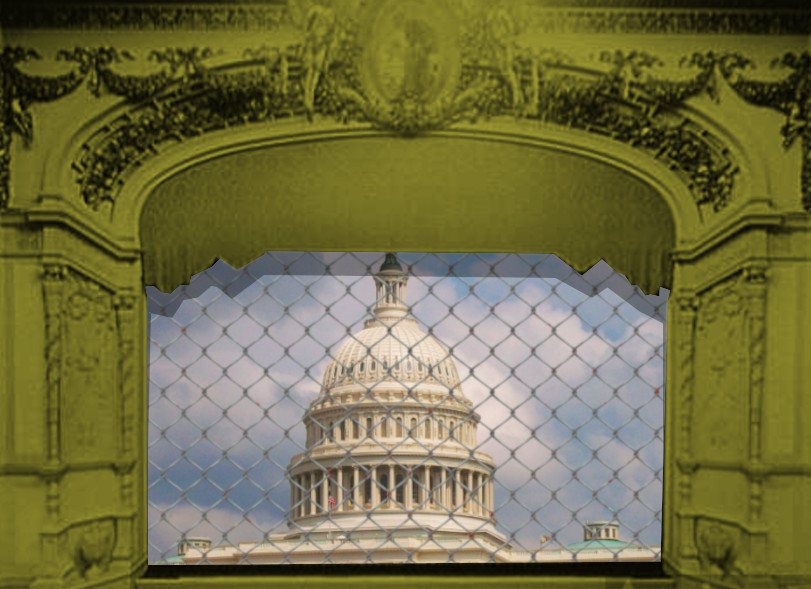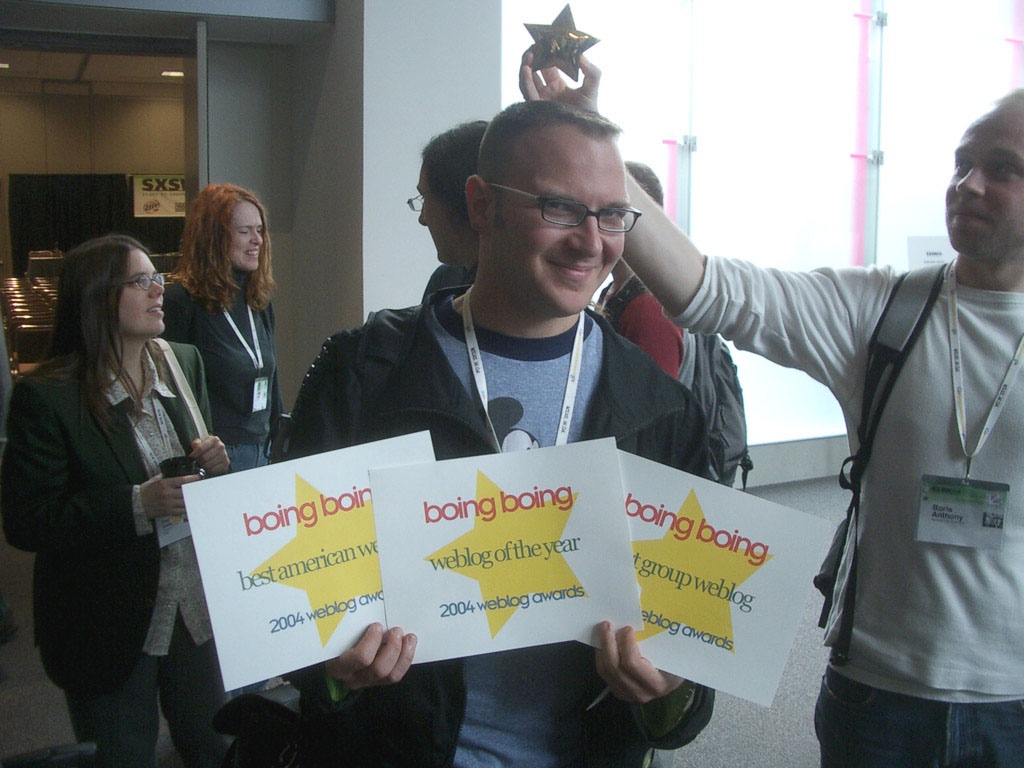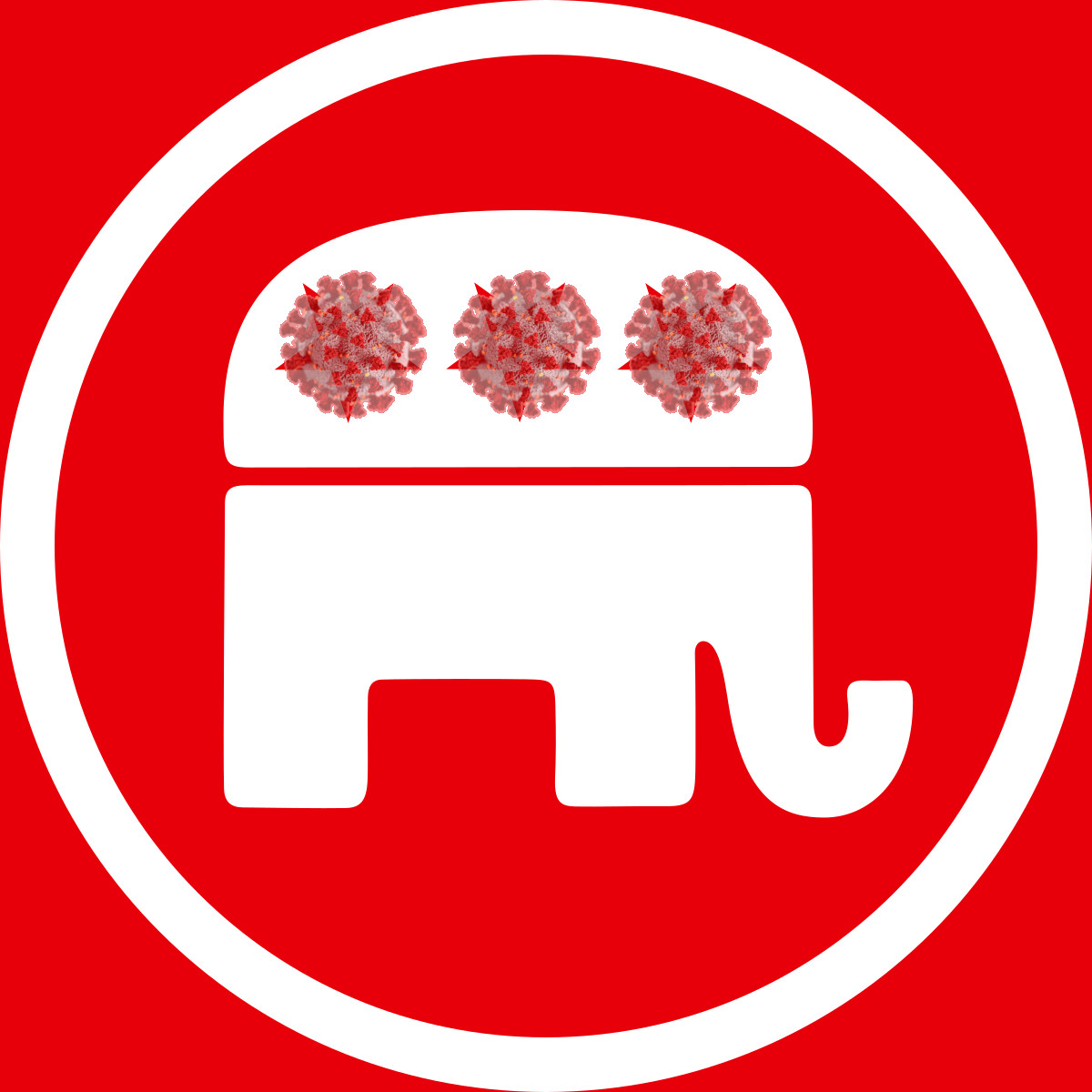
After the 9/11 attacks, airlines and public buildings adopted a flurry of "security" measures, like taking away pen-knives from fliers or requiring visitors to office buildings to be photographed or present a driver's license.
1/
1/

Bruce Schneier's seminal 2003 "Beyond Fear" called these measures: #securitytheater.
Schneier pointed out that these measures would be easy to circumvent, and were thus providing only the comforting appearance of security - not security itself.
memex.craphound.com/2003/08/21/bey…
2/
Schneier pointed out that these measures would be easy to circumvent, and were thus providing only the comforting appearance of security - not security itself.
memex.craphound.com/2003/08/21/bey…
2/
Security theater is worse than nothing. Security theater gives people the false impression that their risks have been mitigated, when actually things are just as dangerous.
After al, if you know that danger exists, you can take some steps to mitigate or avoid it.
3/
After al, if you know that danger exists, you can take some steps to mitigate or avoid it.
3/
But if you have the false impression that you've been made safer, you might unwittingly engage in risky behavior.
4/
4/
Like, if you know your car's brakes are flaky, you might nurse the car along to the mechanic at low speed on side-streets.
But if you don't know about the brakes, you're apt to discover their flaws at 75mph on the freeway.
5/
But if you don't know about the brakes, you're apt to discover their flaws at 75mph on the freeway.
5/
Despite the harms of security theater, it became a bipartisan consensus. Every attack begat more theater - taking off shoes, surrendering liquids, subjecting ourselves to facial recognition at the gate.
6/
6/
Not just airports, of course. Public buildings were increasingly turned into a kind of state-run Broadway, with every employee a performer in a longrunning, terrible epic play called "Security Theater."
7/
7/
Nowhere was this more apparent than in Washington DC, where you can't go out for a pint of milk without passing a dozen high-security government buildings, each under the directorship of a different auteur hoping to score a security theater Tony Award.
8/
8/
As @sharrowsDC writes in @Slate, Washingtonians have been the involuntary audience at ground zero for security theater's participatory drama show, living in "the most overtly armored public spaces in the world."
slate.com/business/2021/…
9/
slate.com/business/2021/…
9/
20 years of shouting at bike-commuters, threatening to arrest people for sledding down Capitol Hill and barking orders at lost tourists did not, in fact, make the nation's capitol secure from an actual terror threat.
10/
10/
If history is any guide, the response will be MORE security theater, from "unscalable fences" (cheered on by the same people who told trumpists, "show me a 20-foot wall and I'll show you a 21 foot-ladder"), more forever-closed streets, more ID checks and facial recognition.
11/
11/
Image: Lars Di Scenza (modified)
commons.wikimedia.org/wiki/File:Capi…
CC BY-SA
creativecommons.org/licenses/by-sa…
eof/
commons.wikimedia.org/wiki/File:Capi…
CC BY-SA
creativecommons.org/licenses/by-sa…
eof/
• • •
Missing some Tweet in this thread? You can try to
force a refresh







